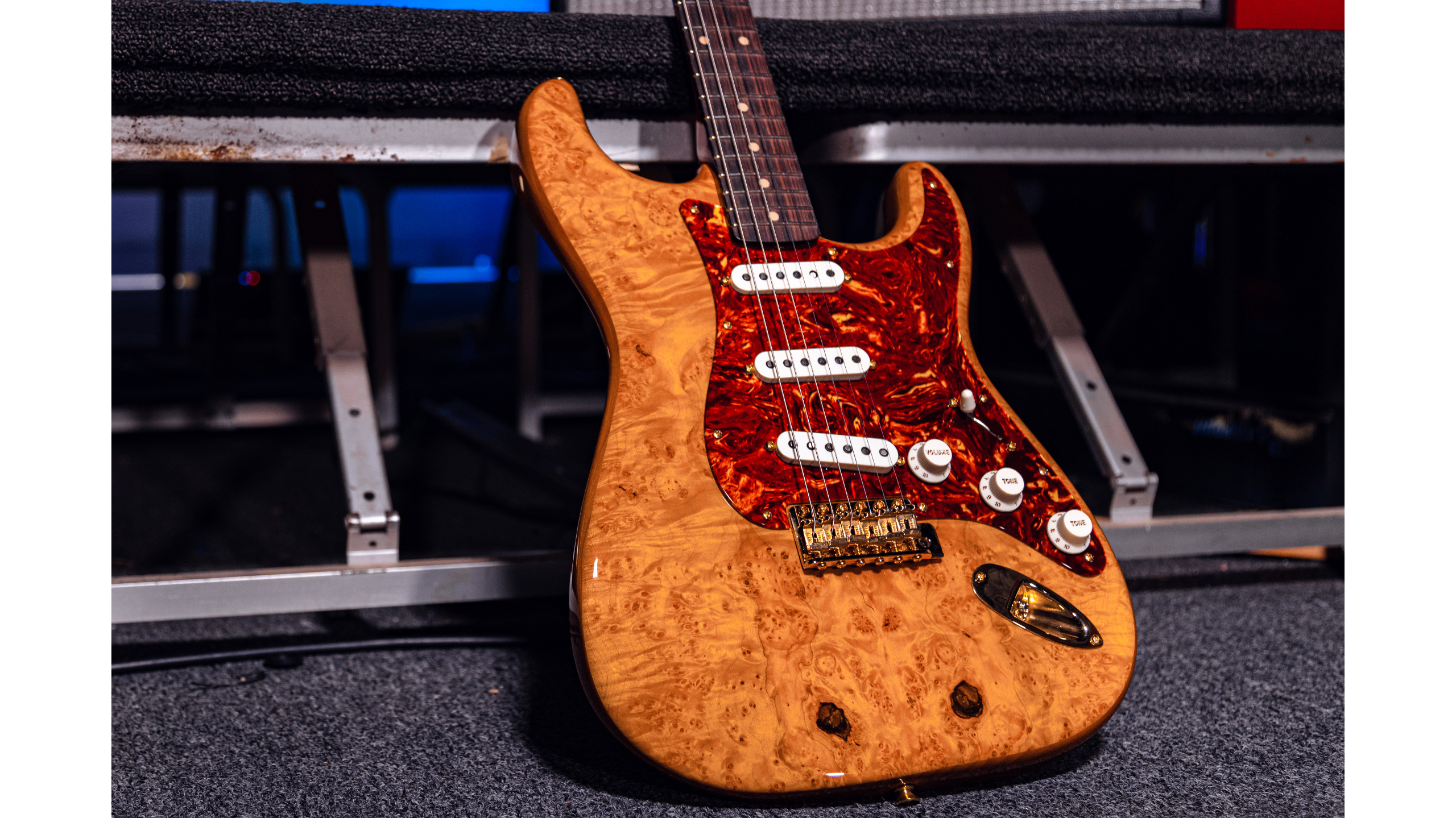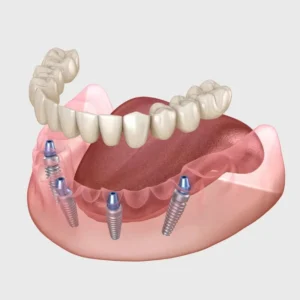Hicksville, New York / Syndication Cloud / August 8, 2025 / Sam Ash

Key Takeaways
- Check completed sales, not asking prices – Focus on what guitars actually sell for, not seller wishful thinking
- Factor in total costs – Add shipping, setup, and repair costs to the listing price before deciding
- Ask specific technical questions – Pickup output, switching function, bridge condition, neck angle issues
- Get audio samples when possible – Reveals pickup problems and electronic issues photos can’t show
- Research thoroughly – Study completed sales data and common model-specific problems
- Be patient with negotiations – Overpriced listings eventually drop when they don’t sell
- Consider expert consultation – Professional assessment for expensive purchases and compatibility checks
- Set realistic budgets – Include potential repair costs in your purchasing calculations
- Match strategy to your needs – Home studio, professional, and casual players have different priorities
- Look for detailed seller responses – Technical answers indicate knowledgeable, honest sellers
Whether you’re building your first home studio on a tight budget, upgrading your professional rig, or just looking for that perfect weekend warrior guitar, you’ve probably hit the same wall: used guitar prices that make no sense. You’re seeing beat-up pedals priced at $400, used guitars listed higher than brand new models, and amps with missing knobs still commanding full retail. If you’re wondering whether it’s even worth shopping used anymore, you’re not alone.
As someone who knows gear, you probably recognize that pandemic pricing has created a disconnect between what sellers think their used guitars are worth and what they’re actually selling for.
The Real Problems with Buying Online
Setting up a home studio? Every dollar matters, but you can’t test anything first. You can’t feel the action or check if the intonation is dialed in. You can’t hear how those pickups sound with your gear or test for fret buzz. Sellers say “good condition,” but what does that really mean? Ready to play or needs a full setup with truss rod adjustment and fret leveling?
If you run a professional studio and spend big money on gear, the risk is even higher. You need guitars with proper neck relief, consistent pickup output, and solid electronics. The last thing you want is to find a twisted neck or scratchy pots after you buy.
Just want a guitar for weekend playing? The current market makes this harder than it should be. You don’t want to flip gear or make money. You just want something with good action, decent fret life, and electronics that don’t cut out.
How to Check What You Can’t Touch
Since you know gear pretty well, you already know what to look for. But buying online means changing how you do it.
For electric guitars in your studio, ask specific questions about pickup height, output levels, and whether all the switching works smoothly. Check if the tremolo system (if it has one) returns to pitch properly. Get audio samples if you can – they’ll reveal pickup imbalance, microphonic issues, or pot scratching that photos can’t show.
For acoustic guitars, look closely at photos of the neck joint, bridge, and soundboard. Check for bridge lifting, cracks around the sound hole, or signs that the neck angle has shifted. Ask about string gauge history – heavy strings on a guitar built for lighter ones can cause problems. These structural issues can cost hundreds to fix and might affect the instrument’s resonance and sustain.
If you’re building a professional setup, ask about the nut condition, saddle wear, and whether the neck pocket fits tightly. Get details about any modifications to the pickup routing or electronics cavity. Sellers who give you detailed technical answers usually know their stuff and are more honest about the condition.
What Used Guitars Really Cost
Many sellers just copy prices from other listings. They don’t know what guitars actually sell for or factor in needed work like fret dressing, pickup adjustments, or electronic repairs. Since you research before buying, check completed sales, not asking prices. This shows you what people really pay.
Building a home studio on a budget? Add up everything – shipping, setup work, potential nut replacement, or fret leveling. That $400 guitar might need another $150 in professional work to get the action where you want it and eliminate any intonation issues. Suddenly, it’s not such a good deal.
Making big purchases for professional work? Expert consultation might be worth paying for. Some stores have tech people who can discuss pickup specifications, impedance matching, and compatibility with your existing signal chain.
Getting Expert Help When You Need It
If you’re spending serious money on studio or professional gear, you probably want someone to double-check your assessment of things like fret wear, neck stability, and electronic condition. Some music stores have specialized teams who can discuss technical details like scale length, fretboard radius, and pickup winding specs.
This helps a lot with vintage guitars, where you need to verify original components, or when checking if specific instruments work for your recording applications. Even when you know your stuff, getting professional backup on neck condition, fret life, and electronics gives you peace of mind on big purchases.
Smart Shopping for Your Situation
Whether you’re building a home studio on a budget or upgrading professional equipment, smart used buying takes patience and careful evaluation of both cosmetic and functional condition.
Set realistic budgets that include potential work like setup, fret polishing, or electronic cleaning. Decide what level of fret wear, finish checking, or electronic issues you’ll accept. Don’t rush to buy overpriced stuff just because it’s available now.
The current market rewards people who research thoroughly and wait for instruments with good bone nuts, proper neck relief, and clean electronics at fair prices. Many sellers drop prices when their stuff doesn’t sell. Being patient helps you negotiate better.
Home recording musicians should focus on guitars that give the best tonal value and playability for what they do. Professional studio work needs reliable intonation, consistent pickup response, and electronics that won’t fail during sessions. Casual players often do better with a well-maintained mid-range instrument with good fret life than a neglected premium model with worn frets and scratchy controls.
Whatever your situation, good used guitars are still out there. You just need to know how to evaluate neck condition, pickup function, and overall setup quality while avoiding the pricing mess that’s all over online marketplaces right now.
Sam Ash
278 Duffy Ave
Unit B
Hicksville
New York
11801
United States

































